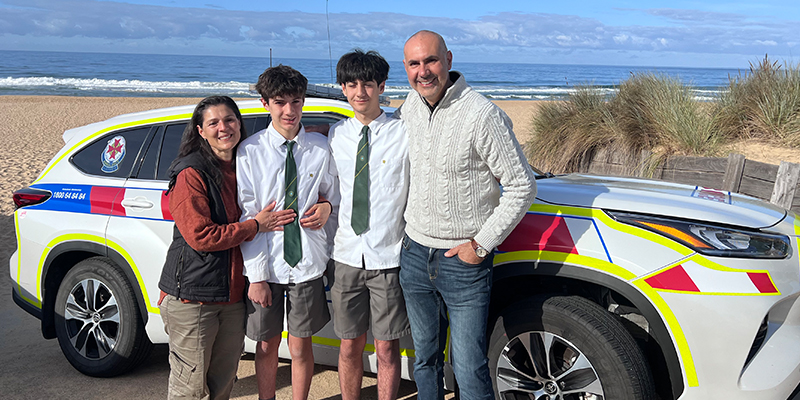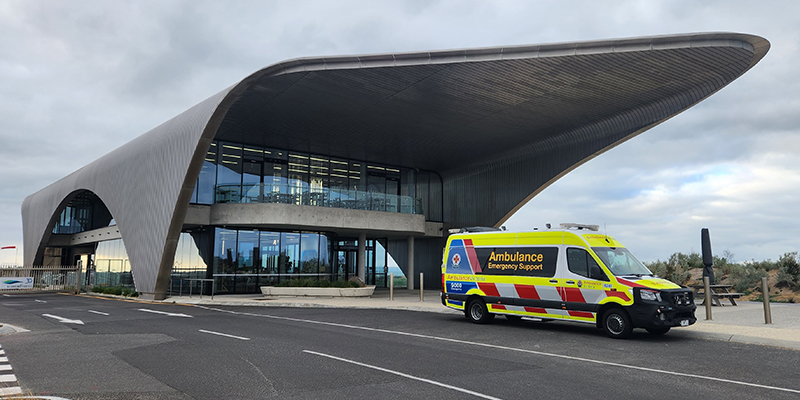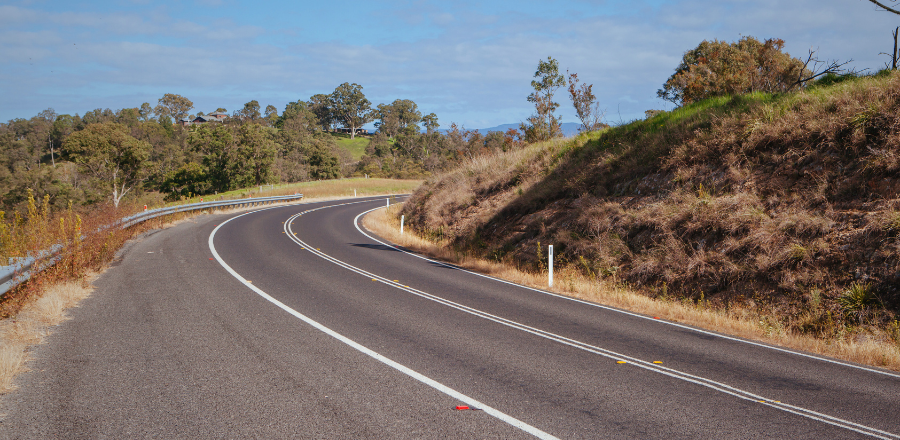A live khapra beetle larva was detected in cardamom pods brought into Sydney airport from India, with trial “fingerprint” technology helping biosecurity officers to quickly identify the high-risk species.
Minister for Agriculture, Fisheries and Forestry Murray Watt said this is a significant biosecurity detection, as exotic Khapra beetle is considered the second most threatening plant pest for Australia.
“I understand the biosecurity officer who found the larva had only been in the job 10 weeks,” Minister Watt said.
“He and all our frontline biosecurity staff are to be congratulated for the important jobs they’re doing protecting Australia’s industries and environment.”
Three bags of cardamom pods weighing 260 grams were declared by a passenger landing at Sydney international airport on a flight from India on 8 August.
Two of the spice bags appeared commercially sealed.
The third seed packet appeared poorly wrapped.
The biosecurity officer noticed dead beetles in the corners of the bag. The packets were taken to a secure area and the contents sieved, and a live khapra beetle larva (Trogoderma granarium) was detected.
The biosecurity officer sent the larva and beetles to the Department of Agriculture, Fisheries and Forestry’s Science and Surveillance Group laboratory in Sydney for identification.
A DAFF entomologist identified the specimens as khapra beetle using traditional techniques and then confirmed the detection using the new mass spectrometry (MALDI-TOF) device.
The machine is a diagnostic tool that uses protein “fingerprinting” to identify dangerous pests, pathogens and organisms in minutes. It’s part of a DAFF technology trial to boost Australia’s frontline diagnostic capabilities.
Khapra beetle poses a significant risk to stored grains such as wheat, barley and rice.
“We understand there is sometimes cultural and emotional attachment to food stuff given to passengers by their family from overseas,” Minister Watt added.
“But Australia grows some of the cleanest food in the world. You can buy seeds and spices right here.”
Many spices and seeds pose a high risk of carrying hitchhiker khapra beetles and other pests.
The three bags of cardamom seeds were destroyed by biosecurity officers.
As of 28 April 2022, heightened import conditions were imposed by DAFF on risk plant products, including many seeds and spices, as part of urgent actions to mitigate growing khapra incursion threats.
If you’re uncertain about what you can and can’t bring into Australia, please refer here.
Images of khapra beetle can be found here.








